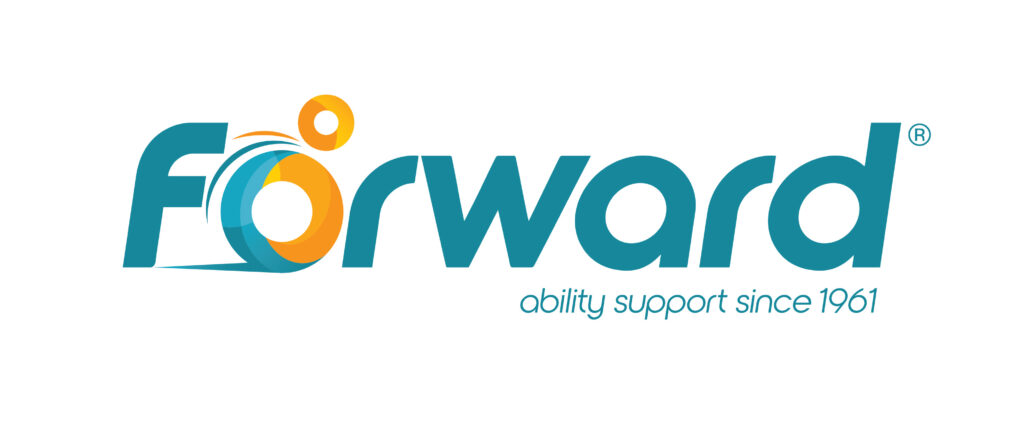By Nicholas Edwards
Chief Clinical & Quality Advisor
Forward Ability Support
When was the last time you reviewed which intermittent catheter would best meet your needs?
Regardless of whether it’s been a favourite brand or a style that you have used for many years, it may be worthwhile discussing with your healthcare professional the variety of intermittent catheter brands, product types and styles that are now on the market.
Many of us get into the habit of sticking to the same brand or product that we were introduced to many years ago. Given that it can also be a sensitive area and topic to discuss, we may be apprehensive to investigate or explore what new technology or changes have been developed.
Whilst the general principles of intermittent catheterisation have not changed over the years, there have been many improvements and new brands of catheters entering the market. Although the primary guide to catheter selection may still be based on catheter size and length, there is now many other options to consider when deciding which catheter will best meet your needs.
Over recent years many manufactures of intermittent catheter have worked to improve;
- the packaging of catheters to make them more discrete,
- the ease of opening, through better designed finger holes or openings techniques,
- made changes to the types of plastics or materials used to make the catheters either smoother, easier to insert, latex or phthalate free, or be made with biocompatible materials.
- applied tube coatings such as hydrophilic polymers to make insertion easier.
- added the use of various non-touch sleeves and protective insertion tips to improve insertion or infection control.
- the choice of a variety of tip types such as straight, rounded, tapered, coudé, olive, or Tiemann with either side or end eyelet port openings.
- a choice of lubrication types from simple water based, saline, gel based or lubricants that contain disinfecting or local anaesthetic properties.
If you have ever considered or wondered if there was an alternative intermittent catheter that may better suit your needs and lifestyle, then please feel free to contact one of the Forward Ability Support Clinical Nurse Consultants to discuss over the phone or arrange an in-person consultation to discuss your catheter needs.
The Forward Ability Support Clinical Services team can be contacted on (02) 8741 5689 or via email at clinicalservices@fas.org.au
Forward Ability Support, providing clinical support and advice since 1961.

